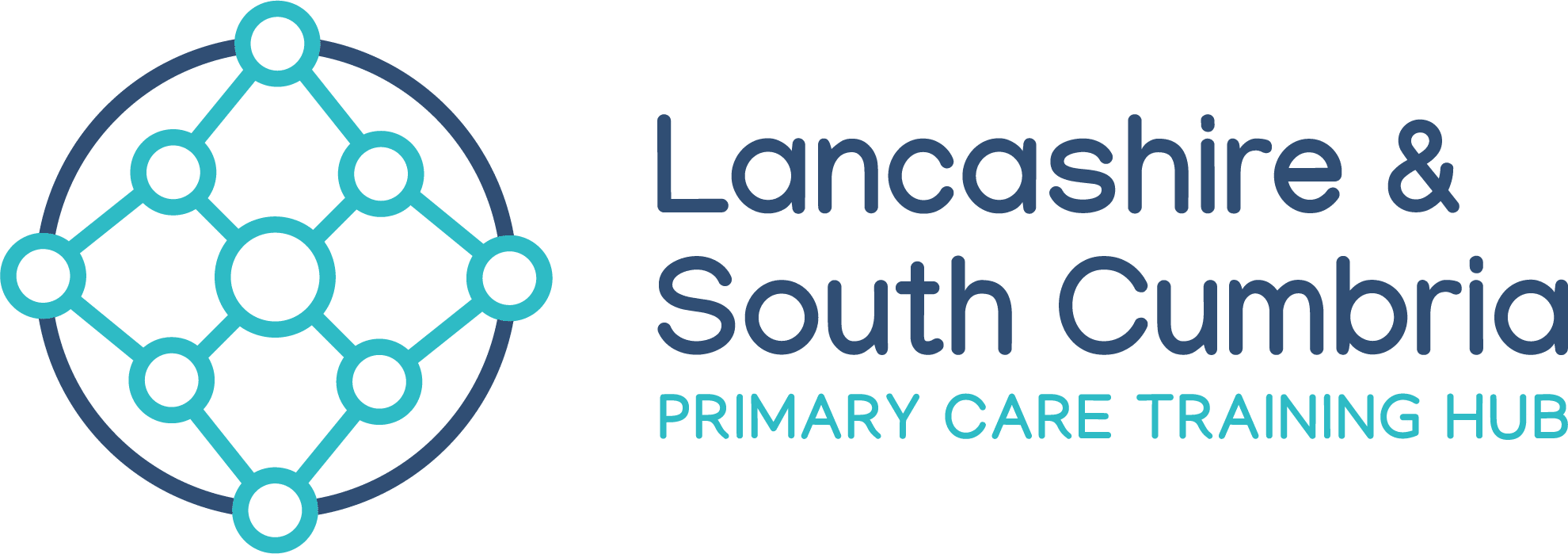To book a place on a training session, please click on your chosen event and register through the link provided.
Please note, these events are for staff employed within the Lancashire and South Cumbria healthcare system only.

To book a place on a training session, please click on your chosen event and register through the link provided.
Please note, these events are for staff employed within the Lancashire and South Cumbria healthcare system only.

- This event has passed.
Personalised Care ARRS Roles in the North West: How to use these roles to their full potential

It’s no secret that wintertime brings a lot of extra pressures in Primary Care as demand for services tends to increase with the onset of cold weather. To help manage demand, Primary Care Networks can utilise the Additional Roles Reimbursement Scheme (ARRS) to provide funding for additional roles, creating bespoke multi-disciplinary teams.
Social prescribing link workers, health and wellbeing coaches, and care coordinators (non-medical roles) are all included in the Additional Roles Reimbursement Scheme, with a specific aim of supporting people based on what matters to them, and helping address their holistic needs through advice, guidance, and connection to wider support services, including social, practical and financial support. These roles can help identify and address unmet social needs and health inequalities through targeted work with specific groups identified through proactive approaches.
This webinar will share examples of how PCN’s across the North West are embracing the roles in practice, and how the roles are positively impacting on demand and better outcomes for ‘People, Professionals, Practices and at Place (communities.)
Learning Objectives:
- Recap on the value of the Personalised Care ARRS roles and develop understanding on how the roles can:
- Work together, and with the wider primary care team, to support individuals with health and/or social challenges.
- Have a positive impact on people, professionals, PCNs and wider communities.
- Gain practical examples and resources on howto recruit, induct and support the learning and development of the Personalised Care Roles
